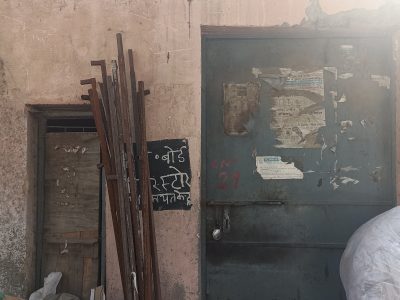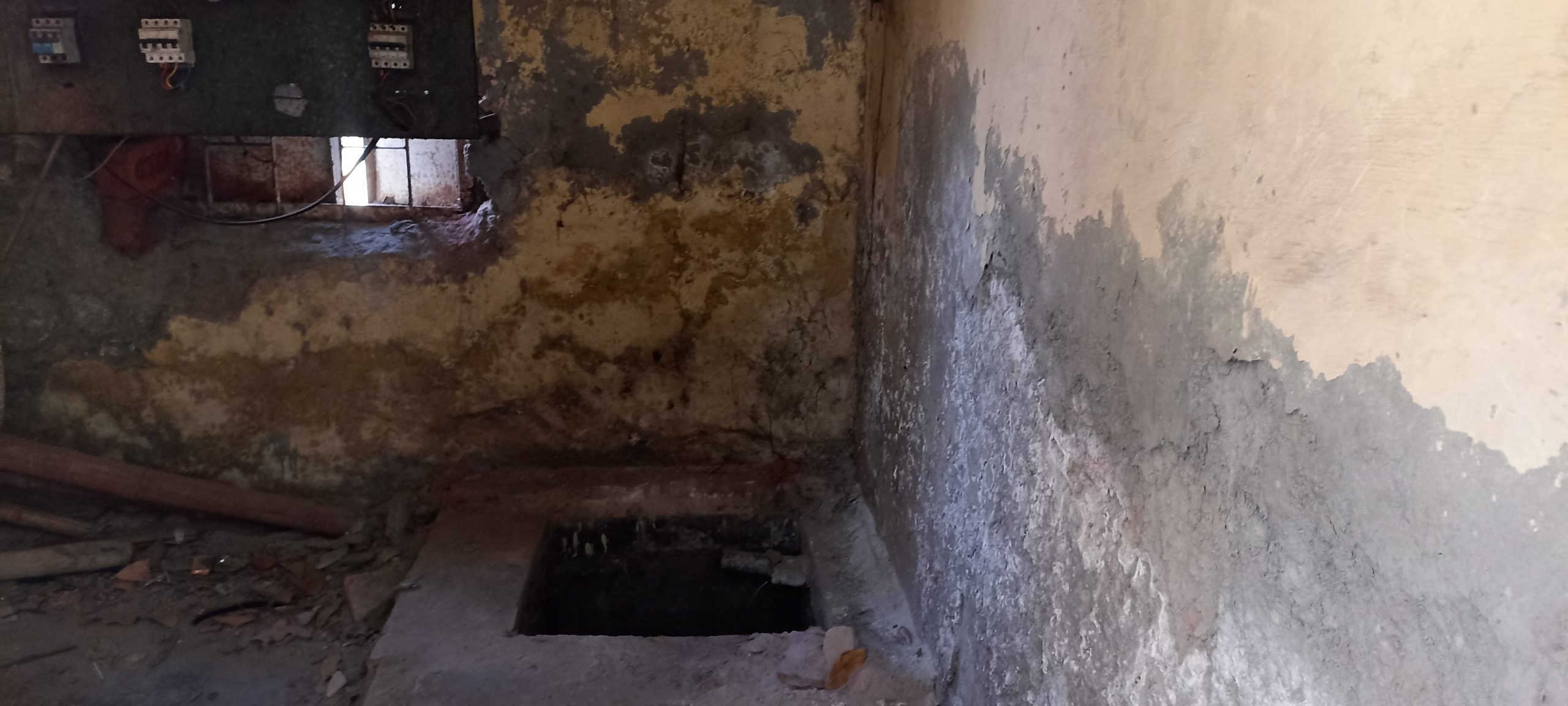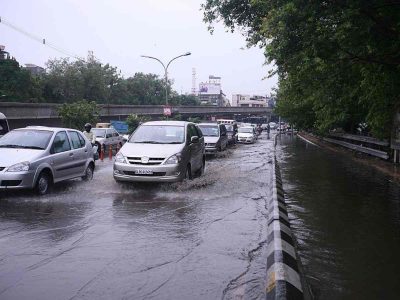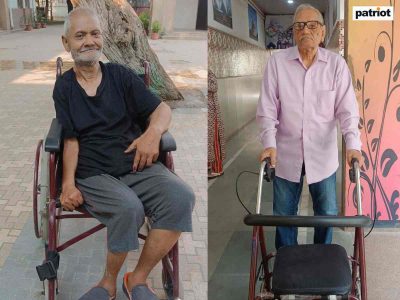Behind a community hall inside Kirti Nagar F Block’s New Delhi Municipal Corporation (NDMC) park, rests a borewell which has not been in operation for the past two years. Its opening has been covered temporarily by two concrete slabs for the past two months. However, it could have turned into a grave of a child, who had fallen in a few months ago.
“We complained to the Delhi Jal Board (DJB) when the cement sealing corroded as the borewell became dysfunctional two years ago. However, no action was taken then. Just four months ago, a child had fallen through. Fortunately, there were people at the park and the water level was fairly shallow,” said a resident who looks after the upkeep of the park.
He added that the DJB did not seal the borewell permanently even after the complaint.
These episodes have exposed much of the national capital’s array of health hazards relating to a slew of such borewells, with the Kirti Nagar incident leading to Delhi Education Minister Atishi Singh asking the authorities to seal them.

However, there remained a gap between the directives and action on the ground.
But following the tragic death of an unidentified man who had fallen into a borewell near Keshopur Mandi last week, the government officially directed the DJB to seal all borewells across the national capital within 48 hours.
However, many borewells under the government organisation remain open. One such borewell is at Shivaji Enclave in Tagore Garden Extension.
The walls of borewell room greet onlookers with a note, “No children are allowed”, yet there’s little security to stop such intrusions.
The door, wide ajar, shelters an unsealed borewell.

“We have not received any direction to seal the borewell. Nobody has come as of now,” said a DJB official supervising the water pumping station.
Considering the events at Keshopur, security lapses are mostly to blame for these deaths.
“There are no security cameras here. With the construction of the Delhi Metro going on, there is no wall separating the main road from the DJB plant here. Anyone can climb in without any problem,” said an official at the Sewage Treatment Plant (STP) in Keshopur.
Similar situation prevails across all STPs in the national capital according to a senior official with the Ground Water Department at the DJB.
According to data released in 2016, the West and North West DJB Zones under Chief Engineer (West) had the second highest number of tubewells/borewells cumulatively at 1,407. They also had the most number which had either been registered with the DJB post-2006 privately or had been approved by the District Advisory Committee. Therefore, the DJB does not have much say in their operation.

According to the National Disaster Response Force, between 2009 and 2019, around 40 children had died after falling into the death pits.
Like the Keshopur DJB, the door to the borewell at Kirti Nagar’s H Block is shut with a single tiny lock which can be easily removed. Unsealed and covered with cobwebs, the borewell awaits the sewage treatment body to work upon the guidelines set by the Delhi minister. =
“A child had fallen into the pit when his brother had broken the lock and pushed him inside. We had a couple of people help him out. Since then, we have locked it ourselves,” said Rajesh Singh, a resident.
According to the Delhi Police, it is suspected that the Keshopur tragedy was caused by someone breaking inside the locked borewell room at the STP.
The identity of the victim remains unknown, however, the police suspect him to be a thief. As of now, a First Information Report (FIR) against an unknown individual has been filed under Section 304 (A) for causing death by negligence.
According to a senior official at the Rain Water Harvesting (RWH) department at the DJB, South Delhi has the most number of unauthorised borewells in its vicinity alongside Patparganj owing to the large number of hotels.
“There are many borewells which do not come under our jurisdiction in these places. We can only keep track of STPs which fall under our jurisdiction directly,” he said.
Presently, the RWH is slated to introduce their own Standard Operating Procedure (SOP) relating to the operation of borewells in the national capital.





